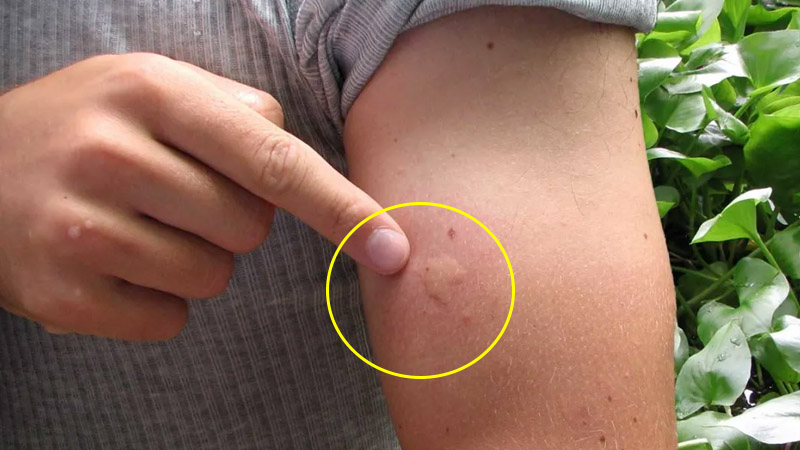Surge in Infected Bug Bites: Expert Advice on Treatment and Prevention

simonkr/Getty Images
Summer weather often brings an increase in itchy and sore bug bites, but recently, many Brits have found these bites leading to infections. With temperatures rising, pharmacies have seen a surge in visits for infected bug bites.
Pharmacy chain Boots reported that consultations for infected insect bites through the NHS’s Pharmacy First scheme have tripled over the past month. Pharmacy First is an initiative that directs patients to local chemists for treatment of seven common illnesses, including sore throats, earaches, urinary tract infections (UTIs), and infected bites and stings.
Launched across England this year, the scheme allows people to visit their pharmacy for minor ailments rather than waiting to see their GP. Between April and May, Boots saw a significant increase in consultations for sore bug bites.
Claire Nevinson, superintendent pharmacist at Boots, shared her advice on how to treat some of the most common summer bites and stings and what to do depending on the cause.
1. Wasp, Bee, and Hornet Stings
Claire explained that treating wasp, bee, and hornet stings depends on whether a stinger is left in the skin. “A wasp sting can feel sudden, starting with sharp pain, followed by a swollen red mark that may last a few hours. Occasionally, it can cause a minor allergic reaction lasting up to a week,” she said.
For bee stings, which can leave a stinger in the wound, Claire advised removing the stinger with tweezers, washing the area with soap and water, and applying a cold compress to reduce swelling. Elevating the affected area can also help.
2. Mosquito Bites
“Mosquito bites can be annoying and itchy, causing small red lumps on your skin,” Claire noted. While often a nuisance, mosquito bites can also spread serious illnesses like malaria in some parts of the world. Claire recommended covering exposed skin during peak mosquito activity times (sunrise and sunset) and using insect repellent containing DEET.
“If you’re traveling abroad, check if antimalarial medication is recommended for the country and region you will be visiting,” she added.
3. Tick Bites
“Tick bites usually aren’t painful but can produce an allergic reaction and, in rare cases, cause Lyme disease,” Claire warned. Lyme disease causes a pink or red circular rash around the bite area. If bitten, remove the tick with fine-toothed tweezers, wash the skin with soap and water, and apply antiseptic cream.
4. Horsefly Bites
“Horsefly bites can be very painful and may cause a red, raised rash, dizziness, or swelling,” Claire said. Horsefly bites can take time to heal and may become infected. If you notice increased pain, redness, swelling, or pus, seek advice from a pharmacist or see your GP immediately.
As summer continues, it’s important to stay vigilant and take precautions to avoid bug bites and their potential complications. For any concerns, visiting your local pharmacy can provide quick and effective advice and treatment.




